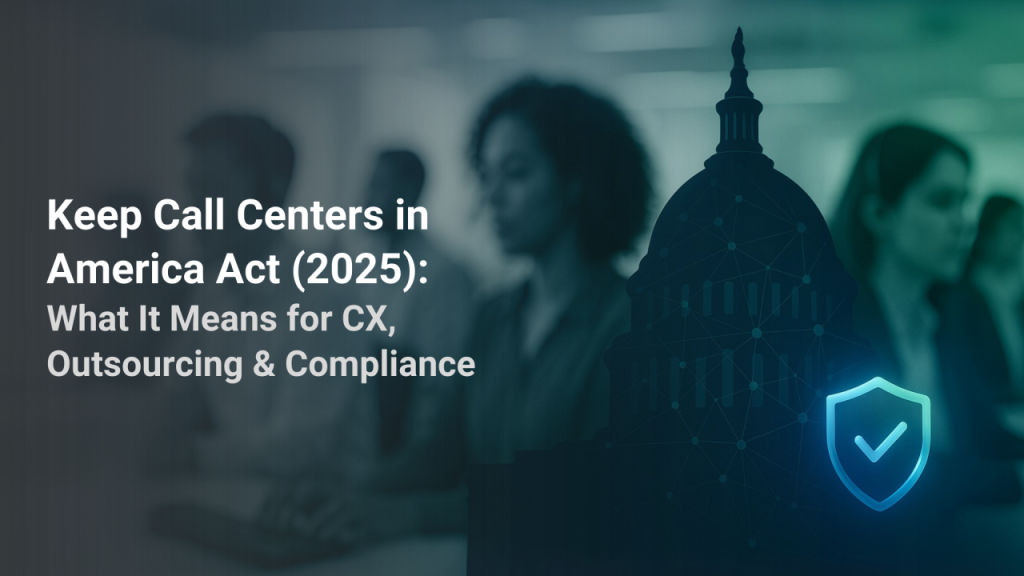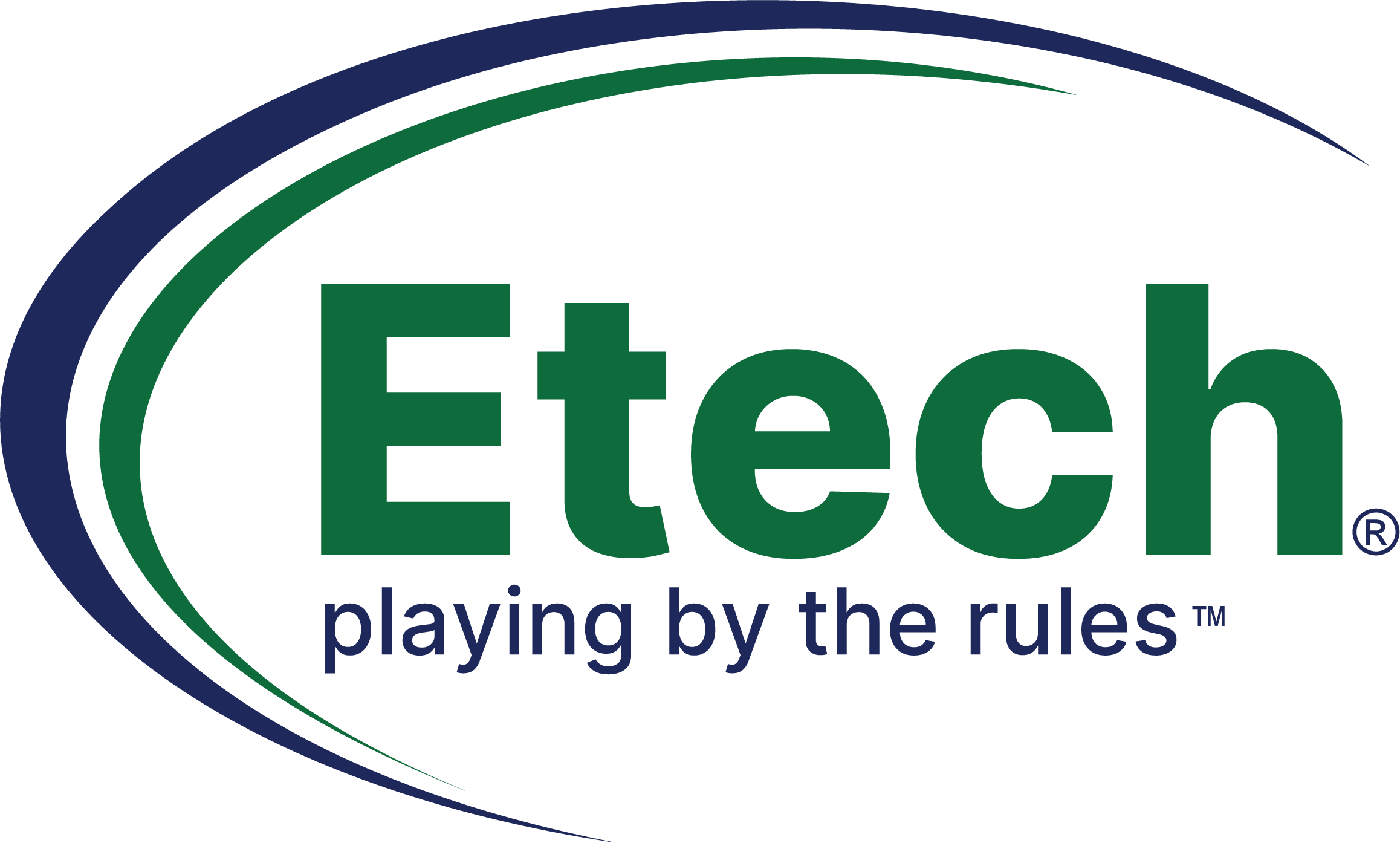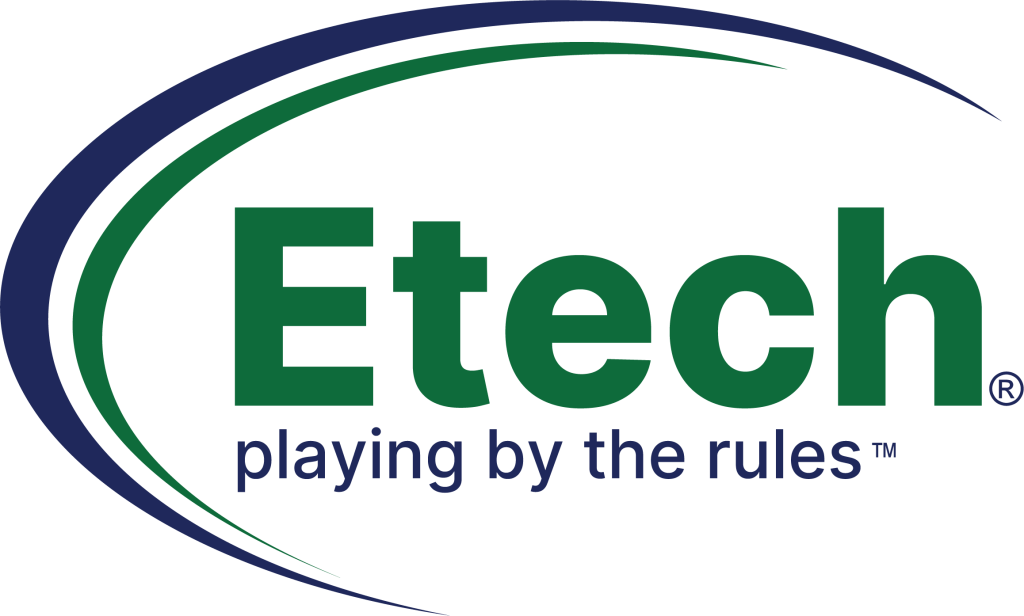Keep Call Centers in America Act (2025): What It Means for CX, Outsourcing, and Compliance

The growing concerns over AI transparency and job displacement in customer service have reached federal legislative attention.
A significant legislative proposal, the “Keep Call Centers in America Act of 2025,” was introduced in the U.S. Senate, aiming to reshape the landscape of customer service operations, artificial intelligence (AI) integration, and international outsourcing. The bipartisan bill, introduced on July 29, 2025, seeks to create substantial disincentives for companies that move call center jobs overseas and to increase transparency for consumers interacting with customer service agents and AI systems.
This analysis provides a comprehensive overview of the bill’s key provisions, its potential impact on various industries, and a compliance checklist for enterprise leaders. As of mid-August 2025, the bill has been referred to the Senate Committee on Commerce, Science, and Transportation for review.
What the Bill Proposes
1. 120-Day Notice Requirement
Companies must notify the Department of Labor (DOL) at least 120 days before outsourcing customer support overseas. Failure to provide this notice could result in civil penalties up to $10,000 per day.
2. Public Employer List
The DOL will maintain a publicly available list of companies that relocate or contract call center work overseas. Employers remain on this list for five years, with removal possible only if jobs return to the U.S. or contracts are amended to comply.
3. Federal Funding Restrictions
Companies on the DOL list face significant financial consequences:
- Ineligibility: No new federal grants or guaranteed loans for five years
- Monthly penalties: 8.3% of total award already disbursed for companies added to the list after receiving federal funding
- Award cancellation: Funding canceled if company remains listed after one year (limited exceptions apply)
4. Federal Contract Preferences
- Federal agencies must prefer non-listed U.S. employers for contracts
- All call center work under federal contracts must be performed within the United States
5. Customer Disclosure Requirements
Beginning one year after enactment:
- Agents must disclose their physical location at the start of interactions
- Clear notification when AI is being used in the conversation
- Customers have the right to request transfer to a U.S.-based human operator
- Annual FTC certification required for compliance
6. Scope of Coverage
The Act applies to businesses with:
- 50 or more full-time employees, OR
- 50 or more employees totaling 1,500+ hours per week
Who’s Affected
1. Primary Industries at Risk
- Financial Services: Banks, insurance companies, credit card processors
- Healthcare: Health insurers, medical billing companies, patient services
- Retail & E-commerce: Customer support, order management, returns processing
- Telecommunications: Technical support, billing inquiries, service activation
- Federal Contractors: Any company providing services to government agencies
2. Business Models Impacted
- Enterprise companies using offshore BPO providers
- Companies with AI-first customer service strategies
- Federal contractors with mixed onshore/offshore operations
- Organizations receiving federal grants or guaranteed loans
Operational Impact & Scenarios
1. 120-Day Notice Planning
Companies planning to offshore must now factor in a mandatory four-month notice period, fundamentally altering project timelines and vendor selection processes. This extended timeline could impact:
- Cost savings projections due to delayed implementation
- Vendor negotiations and contract structures
- Change management and employee communication strategies
2. Vendor Transition Requirements
Existing offshore arrangements may require immediate evaluation. Companies must assess:
- Current vendor locations and service delivery models
- Contract amendment options to ensure U.S.-based delivery
- Hybrid models that maintain offshore capabilities while ensuring compliance
3. Federal Contract Implications
Government contractors face the most immediate impact, as the bill would require all call center work under federal contracts to be performed in the U.S., regardless of the company’s listing status.
Compliance Checklist: Immediate Steps
Phase 1: Assessment (30 days)
- Map your call center footprint: Document all customer service touchpoints, locations, and vendor arrangements
- Identify AI usage: Catalog all AI tools, chatbots, and automated systems in customer interactions
- Review federal funding exposure: List all current grants, loans, and federal contracts
- Assess offshore operations: Document any current or planned overseas call center activities
Phase 2: Disclosure Preparation (60 days)
- Draft location disclosure scripts: Prepare standardized message for agent location disclosure
- Create AI notification protocols: Develop clear scripts for AI usage disclosure
- Design routing systems: Plan technology for transferring customers to U.S.-based human agents
- Update training materials: Modify agent training to include new disclosure requirements
Phase 3: Vendor & Contract Review (90 days)
- Update vendor SLAs: Include location and AI disclosure requirements in all service agreements
- Assess onshore U.S. options: Research domestic alternatives for current offshore arrangements
- Review contract language: Ensure all agreements specify location requirements and AI usage protocols
- Evaluate cost implications: Model financial impact of potential reshoring requirements
Phase 4: Compliance Infrastructure (6-12 months)
- Prepare FTC certification workflow: Develop annual compliance reporting processes
- Implement tracking systems: Create mechanisms to monitor and document compliance
- Establish escalation procedures: Design processes for handling U.S. agent transfer requests
- Create contingency plans: Develop strategies for various bill passage scenarios
Financial & Legal Considerations
1. Grant and Loan Exposure
Companies receiving federal funding face the highest immediate risk. The 8.3% monthly penalty on disbursed awards could represent millions in additional costs for large organizations. Legal teams should:
- Review all current federal agreements for termination clauses
- Assess the total financial exposure from potential penalties
- Develop contingency plans for award cancellation scenarios
2. Monthly Penalty Scenarios
For a company with $10 million in federal awards that gets listed:
- Monthly penalty: $830,000 (8.3% of $10M)
- Annual cost: Nearly $10 million
- Total exposure: Could exceed the original award value
3. Legal Compliance Strategy
- Engage with labor law specialists familiar with DOL reporting requirements
- Review insurance policies for potential coverage of compliance-related penalties
- Establish legal frameworks for the 120-day notice process
Onshore vs Offshore: Cost & CX Trade-offs
1. Financial Considerations
While offshore operations typically offer 40-60% cost savings, the bill’s penalties could eliminate these advantages for companies receiving federal funding. Key considerations include:
- Labor costs: U.S. agents typically cost $15-40/hour vs $3-18/hour offshore
- Infrastructure: Domestic facilities require higher real estate and technology investments
- Scalability: U.S. labor markets may have capacity constraints for rapid scaling
2. Customer Experience Factors
The bill assumes U.S.-based service improves customer satisfaction through:
- Language proficiency: Native English speakers and cultural familiarity
- Time zone alignment: Better coverage for U.S. business hours
- Regulatory knowledge: Improved understanding of U.S. laws and consumer rights
3. Balanced Approach Options
Companies may consider hybrid models:
- Tier 1 support: U.S.-based for initial contact and complex issues
- Tier 2/3 support: Offshore for specialized technical support (where permitted)
- Overflow capacity: Domestic primary with offshore backup during peak periods
Frequently Asked Questions
- What does the Keep Call Centers in America Act require from companies?
The Act requires 120-day advance notice to the DOL before relocating call center work overseas, disclosure of agent location and AI usage to customers, and annual FTC certification. Companies that offshore work face federal funding restrictions and public listing.
- Does the bill ban offshore call centers?
No, the bill doesn’t ban offshore operations. Instead, it creates financial disincentives through federal funding restrictions, public listings, and compliance requirements. Companies can still operate offshore but face consequences for federal contract eligibility and grant access.
- What are the penalties for non-compliance?
Companies face up to $10,000 daily penalties for failing to provide 120-day notice. Those on the DOL list with existing federal awards must pay monthly penalties equal to 8.3% of disbursed funds, with potential award cancellation after one year.
- Will customers be able to request a U.S.-based agent?
Yes, the bill explicitly requires companies to transfer customers to U.S.-based human operators upon request. This applies regardless of whether the initial contact was with an offshore agent or AI system.
- How will this affect outsourcing to India and the Philippines?
Companies will need to provide advance notice for existing offshore arrangements and face potential federal funding restrictions. Many may need to evaluate hybrid models or full reshoring strategies, particularly federal contractors who must maintain U.S.-only operations.
- When could the law take effect if passed?
Customer disclosure requirements would become effective one year after enactment. Other provisions, including the 120-day notice requirement and federal funding restrictions, would likely take effect immediately upon passage.
- Which industries are most impacted?
Financial services, healthcare, retail, telecommunications, and federal contractors face the highest impact due to their combination of call center operations, federal funding relationships, and regulatory requirements.
- How should enterprises prepare now?
Companies should immediately map their call center footprint, assess AI usage, review federal funding exposure, and begin evaluating domestic alternatives. Early preparation allows for strategic rather than reactive responses to potential passage.
Next Steps: Partner with Etech for Compliance-Ready Solutions
The Keep Call Centers in America Act represents a significant shift in customer service regulation. Whether you’re evaluating compliance requirements, assessing onshore alternatives, or planning for various legislative scenarios, expert guidance is essential.
Ready to prepare your organization with a proven U.S.-based partner?
Talk to an Etech CX Expert – Connect with our customer experience specialists who understand both the regulatory landscape and operational realities. Our U.S. operations are positioned to help you maintain compliance while delivering exceptional customer service.
Why Choose Etech for Act Compliance:
- U.S.-based operations with global capabilities (US, India, Jamaica)
- Federal contractor experience and compliance expertise
- Advanced technology with full transparency protocols
- Flexible solutions to meet evolving compliance requirements
This analysis is based on the current bill text and public information as of August 2025.


